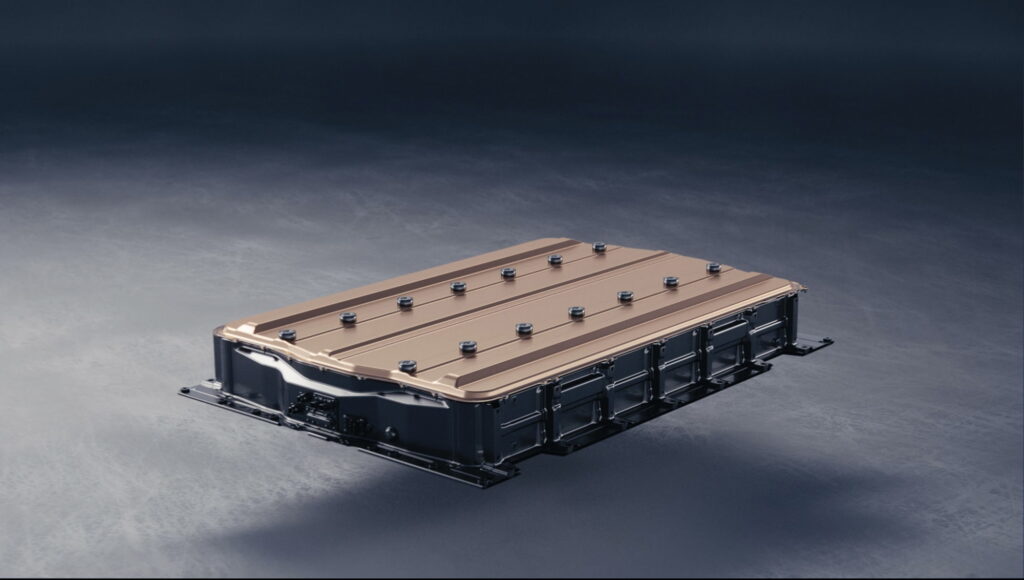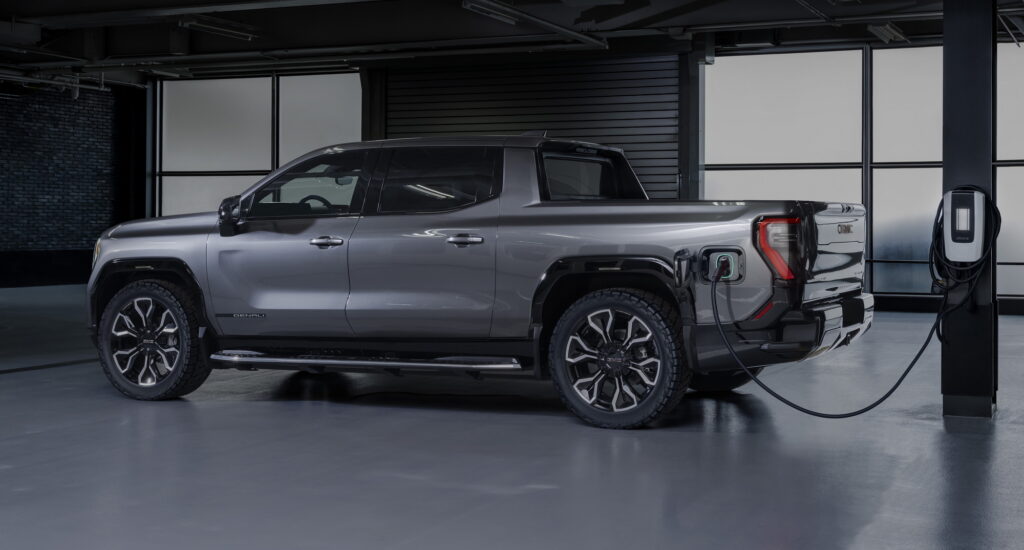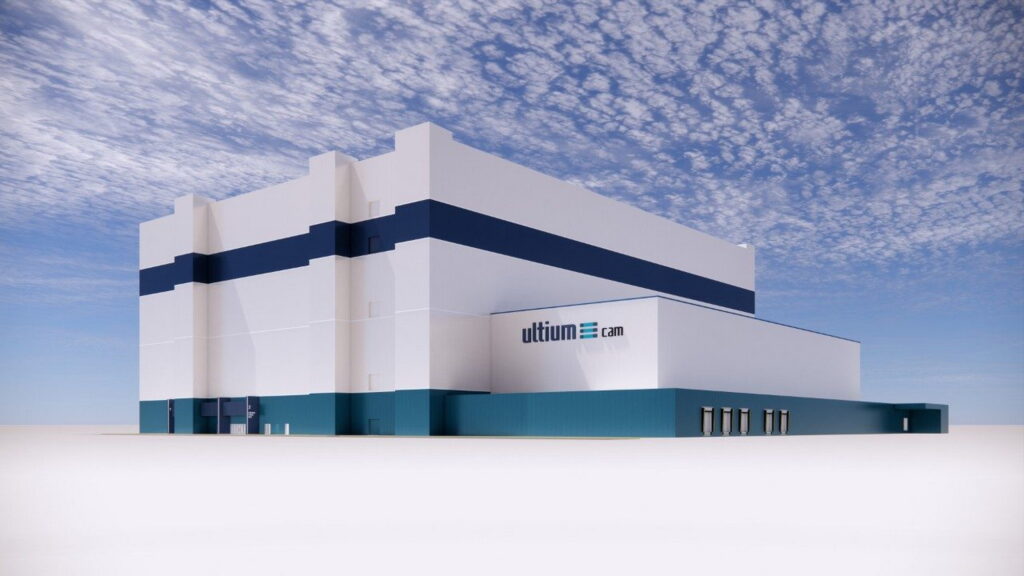General Motors said today that it welcomes investments totaling $300 million CAD ($220 million USD at current exchange rates) from the Canadian federal and the Quebec provincial governments to support its battery material processing plant in Bécancour, Quebec.
First announced in March 2022, the plant will be operated as a joint venture between GM and Korea’s POSCO Future M. It will produce Cathode Active Material (CAM) for Ultium batteries produced in the United States. The material, made up of lithium, nickel, manganese, and cobalt, represents about 40 percent of the total cost of a battery cell, GM said.
That will be an important factor for GM’s electric vehicles, as it will help them qualify for federal tax credits in the U.S. The batteries in EVs must be manufactured in North America, and 80 percent of their critical materials must come from the U.S. or a friendly country, including Canada.
More: Washington Finally Explains Battery Sourcing Rules For EV Tax Credits

The northern nation’s rich natural resources have made it a popular location for automakers and battery manufacturers. Its governments have also been investing in the industry, and this plant will be no exception.
The Canadian federal and the Quebec provincial governments will each kick in $150 million CAD ($110 million USD) in support for the plant, reports Autonews. That will amount to $300 million CAD ($220 million USD), or roughly half of the cost of the plant, which GM estimates will ring in at approximately $600 million ($441 million USD) and will open in 2025.
“We thank [Quebec] Premier Legault and [federal] Ministers Pierre Fitzgibbon and François-Philippe Champagne for their tremendous leadership in supporting our efforts to build a secure, sustainable, scalable and cost competitive EV supply,” said GM Canada President and Managing Director Marissa West.
Bécancour, Quebec is located on the south shore of the St. Lawrence River, between Montreal and Quebec City, north of the Vermont border. Quickly becoming a hub for battery material processing, plans for plants from BASF and Vale related to battery materials in the city have also been announced.
Elsewhere, Canada’s other provinces are also attracting battery plants. Volkswagen plans to build a gigafactory in southern Ontario, as did Stellantis. However, a conflict between it the provincial and federal governments over incentives recently prompted the automaker to put a pause on construction at the plant.





